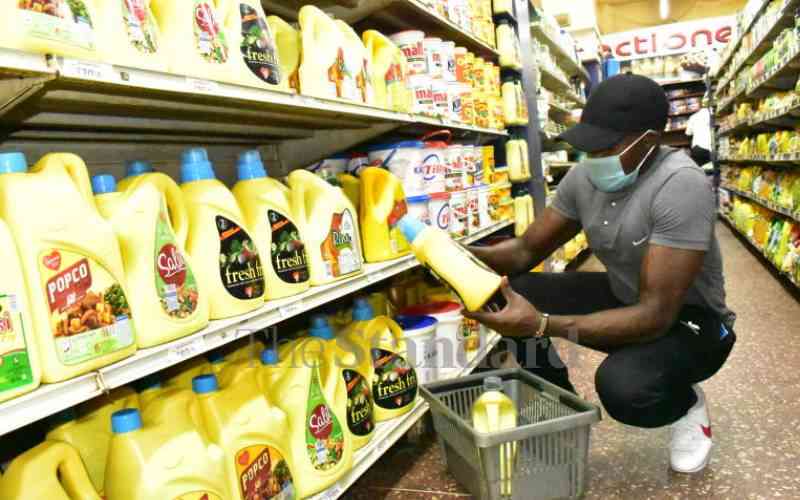×
The Standard e-Paper
Home To Bold Columnists

Kenya has maintained a higher import duty on vegetable oils than other East African Community (EAC) countries, a move that has contributed to high prices of cooking oil.
Despite the spike in the retail price of cooking oil, Kenya has opted to suspend the application of the EAC common external tariff (CET) of 25 per cent.